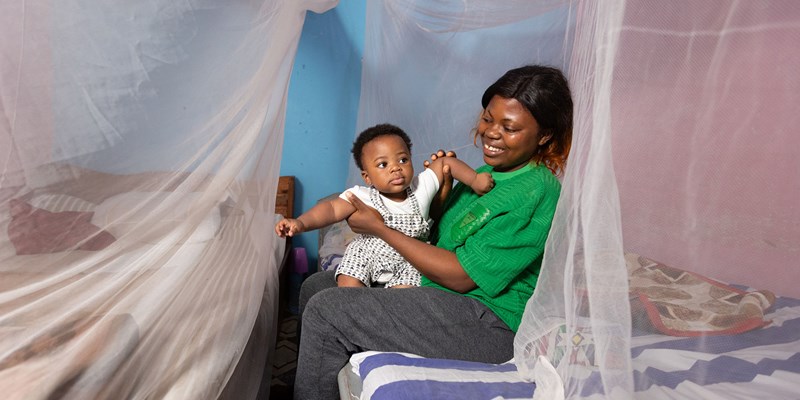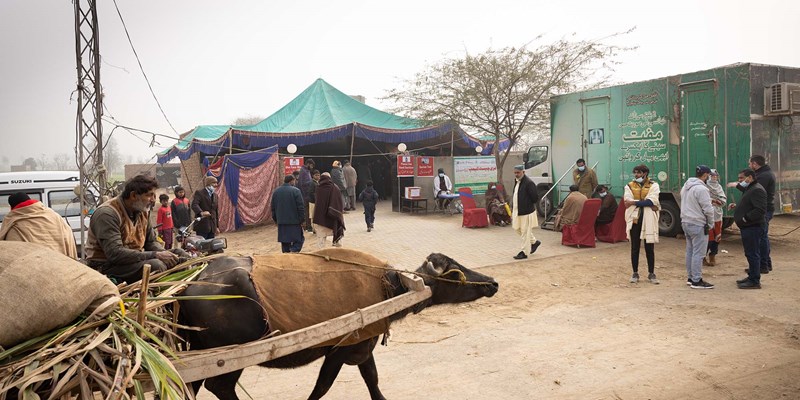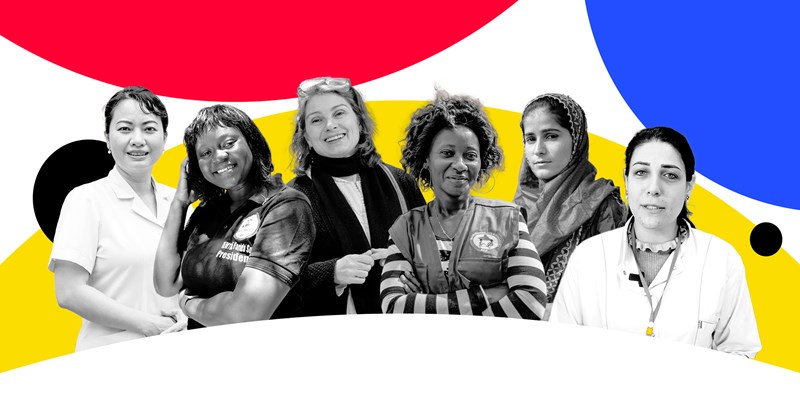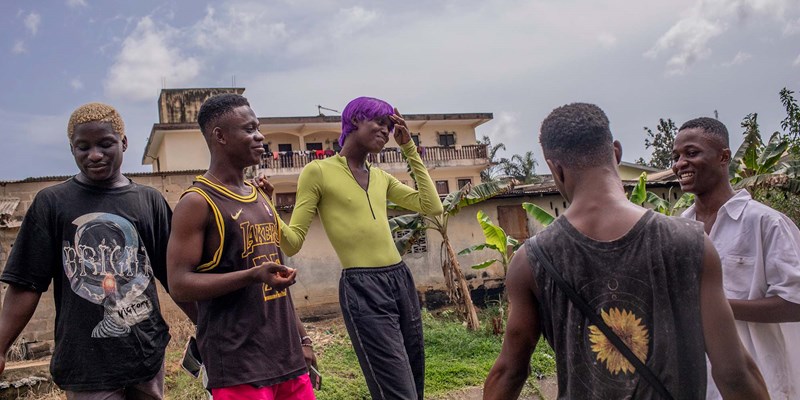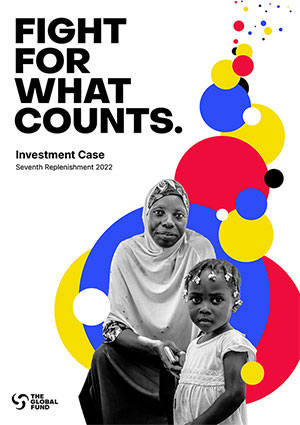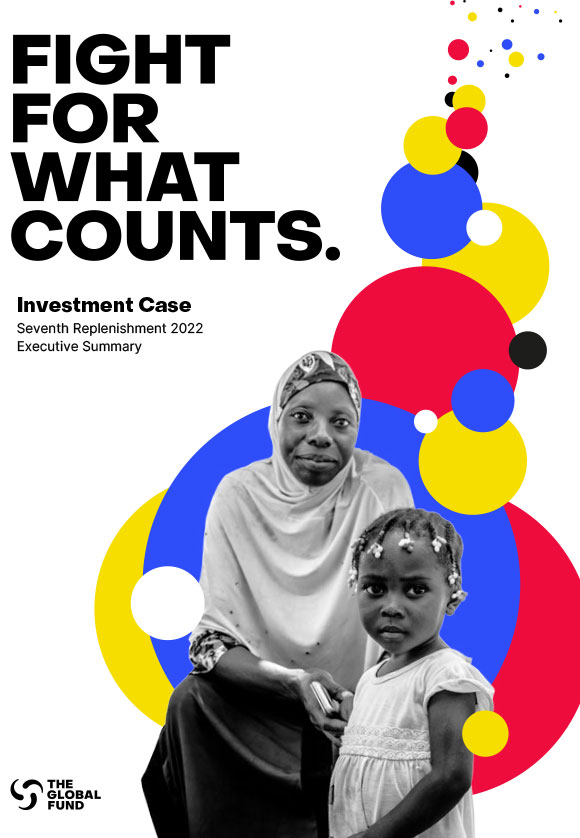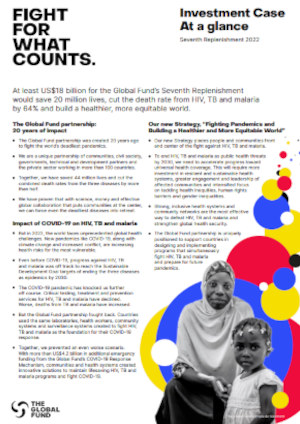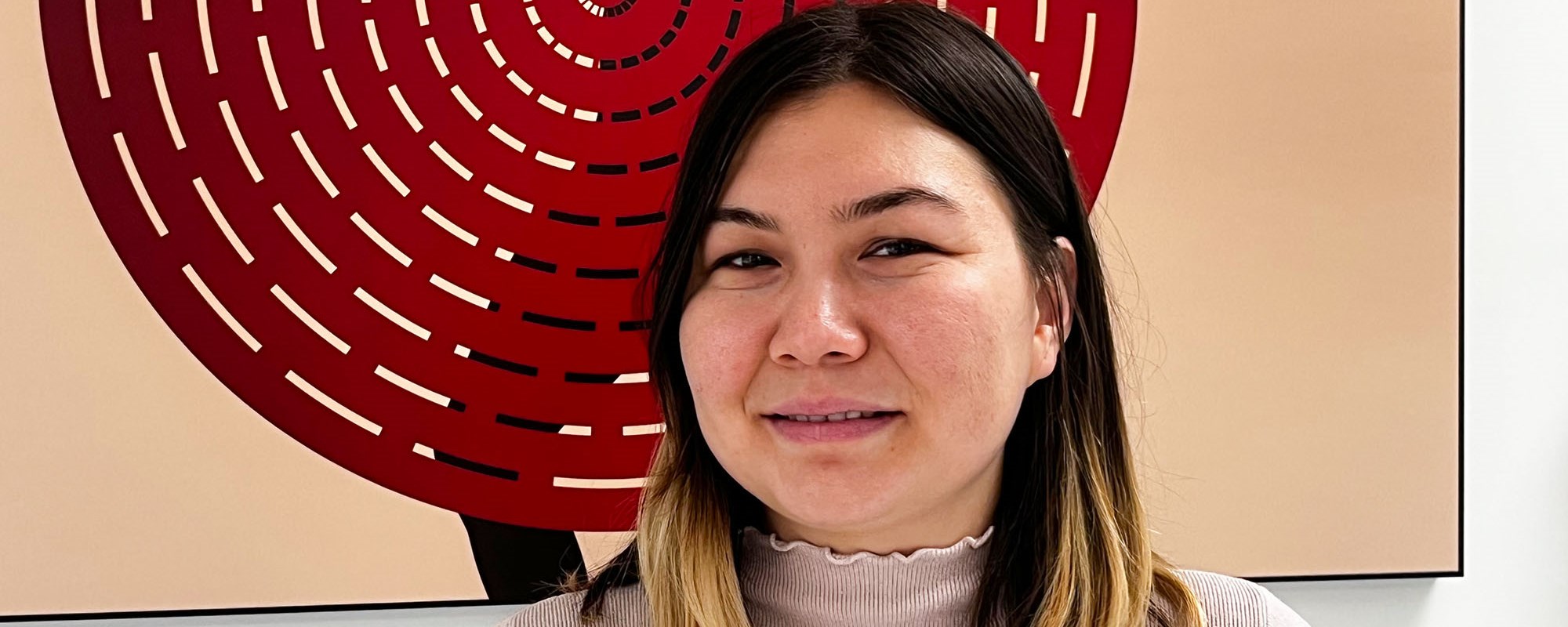

Meet Mira Alimbaeva, drug-resistant TB survivor and Kyrgyz activist
I found out that I had TB by chance. I was 22 years old, in my third year of my bachelor’s degree in communications at the Kyrgyz-Turkish Manas University in Bishkek, the capital of Kyrgyzstan. I was having different tests done in preparation for surgery, as I had problems with my nose and was having trouble breathing. The last test was a chest X-Ray, and when the result came back, I had a shock: It showed I likely had tuberculosis.
I had thought of TB as a normal bacterial illness that anyone might face, but during my treatment, I found out what a tricky disease it was. In Kyrgyz society, we have a problem with stigma and discrimination against people with TB. And the long duration of the treatment makes it even harder for people with TB to bear, because we are isolated.
I first experienced stigma from my doctor, right at the start of my TB journey. I was in her consulting room and we were both wearing masks. She said something that I couldn’t understand, so I moved a little closer. She told me not to sit so close to her. “Go and sit in that corner,” she said. “I don’t want to catch your disease and have to be treated for TB”.
That made me feel intimidated and alone – if my doctor rejected me, how could I trust her, the person responsible for my treatment? Once my treatment started, I had to go to the hospital every day to take my pills. I didn’t see my original doctor, and after a while I found out that she had discharged her duty to another health worker because she didn’t want to interact with me. I didn’t question her attitude towards me, or even mention it to anyone. She made me feel I was a threat to society, to healthy people, to my parents, my siblings and my friends.
I was also waiting on test results to find out what kind of TB I had, as it would determine the length of my treatment. After two months, I discovered that I had drug-resistant TB, which meant a much longer treatment regimen. That was another shock, and very scary. I wasn’t prepared mentally or physically for such a heavy treatment. Twenty-one pills a day! They were strong antibiotics with side effects that affected every part of my life. They made me feel nauseous all the time, and I lost too much weight. I had to interrupt my studies and was sent to a special hospital, hours away from Bishkek in a rural part of Kyrgyzstan, far away from my family and friends. I was not used to the conditions there.
But I was lucky: I was selected for a clinical trial for new drugs. Because it was a trial, it lasted two years, but I felt I was doing something worthwhile. Through this initiative, I met a communications specialist who worked for KNCV-TB Foundation, the non-governmental organization (NGO) involved in the clinical trial. She encouraged me to support others and help myself at the same time by writing TB stories in Kyrgyz and Russian. I spoke to other drug-resistant TB patients and found out how many of them had faced stigma and discrimination. Some had gone through worse experiences than I had – rejected by their families, their friends or their coworkers. Some had also interrupted treatment several times and were on their fourth or fifth round.
This work with other TB patients motivated me to finish my treatment and not think about its side effects. It improved my self-esteem and helped me pull myself out of the depths of depression. I was too young to die, and if I couldn’t trust myself, who could I trust? I still had a part to play in society. I wanted to be an example of success against drug-resistant TB and a voice for those who faced stigma and discrimination.
Now, I’m a TB survivor and very proud of it. And it’s not only me – my parents, my aunts, my friends, the NGO and health workers who supported me – we came through it together. I want to thank all of them for their priceless support and help. I finished my undergraduate degree and started to advocate against stigma and discrimination affecting people with TB. To doctors and health workers who meet TB patients, I would say: Do your job. Be professional. Be human. Learn how to communicate with your TB patients, especially when they first learn they have tuberculosis and are feeling vulnerable. You also have a duty to raise awareness about TB: It is not a social illness; it is a bacterial condition that is treated with antibiotics.
Mira Alimbaeva, from Kyrgyzstan, holds a master’s degree in international relations from Eötvös Loránd University in Budapest and is a member of the Global Fund Youth Council. She advocates for TB patients and raises awareness on TB stigma and discrimination in Kyrgyz society.
